37° 47.68' S, 174° 52.74' E
Raglan, New Zealand
Now:
9:29am
Saturday 5 Apr, 2025
(NZDT, +1300)
Tides • Sun • Moon • Solunar
(from Sat 5 Apr to Wed 9 Apr incl.)
Information and drivers' manual
Hopefully this page is intuitive and doesn't need much explanation. Having said that, here it is anyway.
-
For more information about tides and the website in general please see our FAQ page.
-
The place name and the current time and time zone are shown at the top, and these update as time goes by.
The down-arrow button on the title bar allows you to select from places that you have recently viewed.
To view any other place, use the link at the top right to select from the
alphabetic place-name index.
Alternatively, you can choose a place from the map by clicking the small globe next to the link.
-
To have this full page view displayed when you click a place marker on the map, open the Tides section in the
left-hand panel of the map page and choose one of the "Full page view" options. The "new window" option opens the full page view
in a separate window or browser tab so that your map position is preserved, although (due to browser quirks) if the separate window
is already open you may need to bring it to the front yourself. You can also right-click on a blue place marker and choose
one of the full-page options.
-
Display settings are set in the section under the scroll bar for the graph. You can turn the tide information
box on and off (try it), and set the height units (feet or meters), the time display format (12 or 24 hour), and the angle
display format (used for latitude and longitude). These are the same settings as used on the map.
-
Five days' worth of data is available - drag the scrollbar at the bottom of the graph to see the rest.
-
Do you love or hate this page? There's a feedback form that you can indicate you likes and dislikes just below
this help section. You can submit feedback once per day, so if you're a regular and feel strongly about
something, use it often.
-
The time scale directly under the graph applies to the entire chart. The times below are lined up with the
event they indicate. You can click on any row, time or on the tide graph to move the tide information box to that
time. If there's a scroll-bar then it'll scroll the whole five days of the graph. If not then use the date arrows,
on the right above the graph, to go back and forth in time.
-
You can drag the tide information box across the graph and drop it at the time you want. Dragging it up and down does not
change anything; it always shows the tide height for the time on the horizontal scale. Note that the sun and moon
icons in the box move to indicate their heights in the sky, but this is only a rough indication.
The time shown in the tide info box is the exact time (±2 minutes) that all the information in the box pertains to, which is the middle of the
cross-hairs.
If the tide information box is missing you may have scrolled it off the chart. Just click the chart to move it into view.
Also, unless the "Info box always" option is ticked, the information box will only appear when the mouse is over the chart.
-
The current time is indicated by the black clock hand under the time scale. If you can't read the numbers under the hand, then
you might like to upgrade your browser to FireFox,
or Internet Explorer version 8 which has the problem fixed.
The tide information box is initially positioned at the current time and it will be pushed along by the clock hand
any time they meet.
-
The tide curve shows the current height of the tides at any time for the chosen place. Click anywhere on the graph to
have the info box displayed, which gives you an exact height, time, and date.
The area under the curve is filled with three greens. The darkest indicates night time, the lightest is daytime, and the in-between
green gives the period of civil twilight.
-
The moon phase is shown by the moon image, and the image is positioned at the time the moon is at its highest (the zenith).
For you more pedantic types, the phase of the moon is the phase it will be at the exact time of zenith. Most other sites
will just give the phase at midday, or midnight, or some other less useful time.
The two lines descending from the moon plot its approximate angle above the horizon for any time that it is visible.
The lines meet the bottom of the graph at moonrise and moonset. In some places at high latitudes (Alaska for instance)
the moon may not rise far above the horizon - the height shown on the chart does not indicate the actual height, just
an indication of how far up it is relative to its maximum height.
-
The scales along the bottom show the tide height and time of each tide turn, times of moonrise and moonset,
and the solunar times - minor periods are in normal type, and the major time periods are shown bold.
How are we doing? Click here to tell us.













